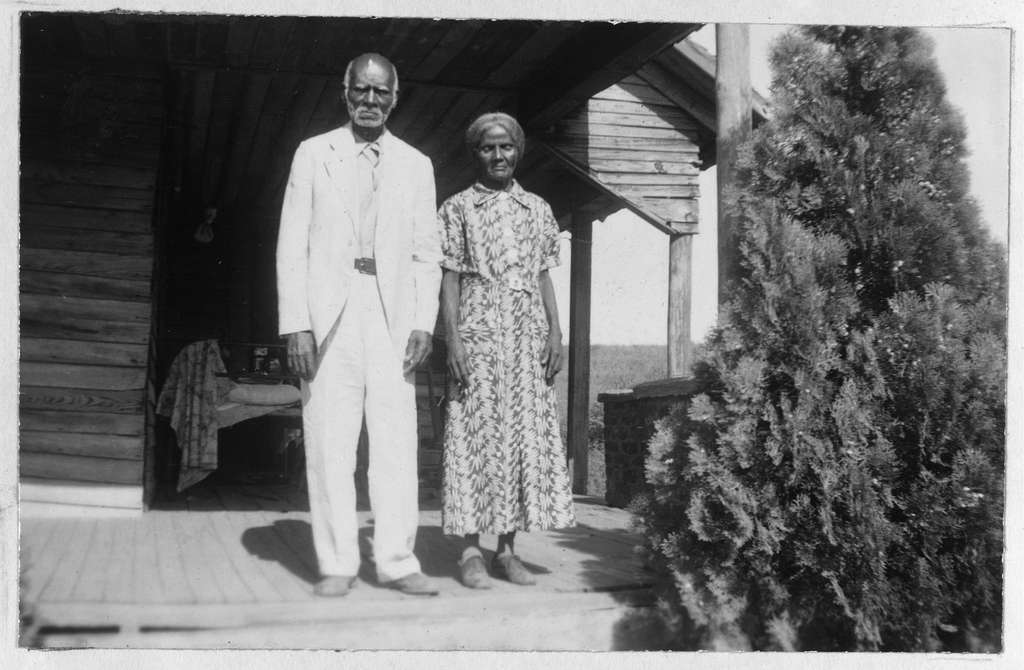June 19th marks Juneteenth, the day in on which, in 1865, Union General Gordon Granger landed in Galveston and announced that the Emancipation Proclamation was to be enforced — nearly two years after Lincoln’s decree, which freed the slaves held in bondage in Confederate territories.
Since then, Juneteenth has marked an important occasion, not only to celebrate freedom, but to preserve African-American history and remember the struggles of African Americans, even after emancipation. Indeed, an important aspect of the celebration is the fact that their legal freedom was hidden from Texas slaves for years.
The Texas State Historical Association’s Handbook of Texas explains the history of the holiday:
The tidings of freedom reached the approximately 250,000 slaves in Texas gradually as individual plantation owners informed their slaves over the months following the end of the war. The news elicited an array of personal celebrations, some of which have been described in The Slave Narratives of Texas (1974). The first broader celebrations of Juneteenth were used as political rallies and to teach freed African Americans about their voting rights. Within a short time, however, Juneteenth was marked by festivities throughout the state, some of which were organized by official Juneteenth committees.
“Juneteenth,” Teresa Palomo Acosta. The Handbook of Texas Online.
Going Beyond Texas
Juneteenth became an official holiday in Texas in 1980. While many Texas students are taught about and celebrate the holiday, it has also been increasingly celebrated throughout the U.S.
Juneteenth has also had an impact outside the state. African American Texans who moved to Louisiana and Oklahoma have taken the celebration with them. In 1991 the Anacostia Museum of the Smithsonian Institution sponsored “Juneteenth ’91, Freedom Revisited,” featuring public speeches, African American arts and crafts, and other cultural programs. There, as in Texas, the state of its origin, Juneteenth has provided the public the opportunity to recall the milestone in human rights the day represents for African Americans.
“Juneteenth,” Teresa Palomo Acosta. The Handbook of Texas Online.
Today, as demonstrations sparked by the death of George Floyd continue, many are calling for Juneteenth to become a federal holiday, including members of Texas’ congressional delegation.
Teaching Juneteenth
For educators looking to discuss Juneteenth with their students, we’ve collected some digital resources you might find useful. Do you have resources or ideas to share? Let us know in the comments!
Teaching Tolerance
Tolerace.org, created by the Southern Poverty Law Center, has an extensive article and learning plan for understanding the holiday through empowering students to understand complex topics.
PBS
America’s public broadcaster offers a video all about Juneteenth for grades K–5 through PBS Learning Media, as well as this companion piece to the documentary series “The African Americans: Many Rivers to Cross” by historian Henry Louis Gates, Jr.
Beatrice Alvarez digs even deeper with “Observing Juneteenth in 2020.”
Read Write Think
This site includes a classroom activity, websites, and related lesson plans for marking the holiday.
Curriculum Concerns
Education Week Teacher explores how teachers and students are exploring incorporating the Juneteenth holiday into their curriculum.
We Are Teachers
Check out this list of books for young readers, videos, teacher resources, and more.
TCEA Resources
Don’t forget to explore our list of civil rights and civic education resources, “Understanding This Moment through Civic Education.” You can also utilize other TechNotes articles, like “Exploring Civil Rights History with Digital Resources” and “Digital Resources for MLK Day.”
Photo: Anderson and Minerva Edwards, Age 93 and 87, courtesy of the Library of Congress. This photo was taken in Texas City between 1936—1938 as part of the Federal Writers’ Project’s work to document the narratives of those born into slavery.

